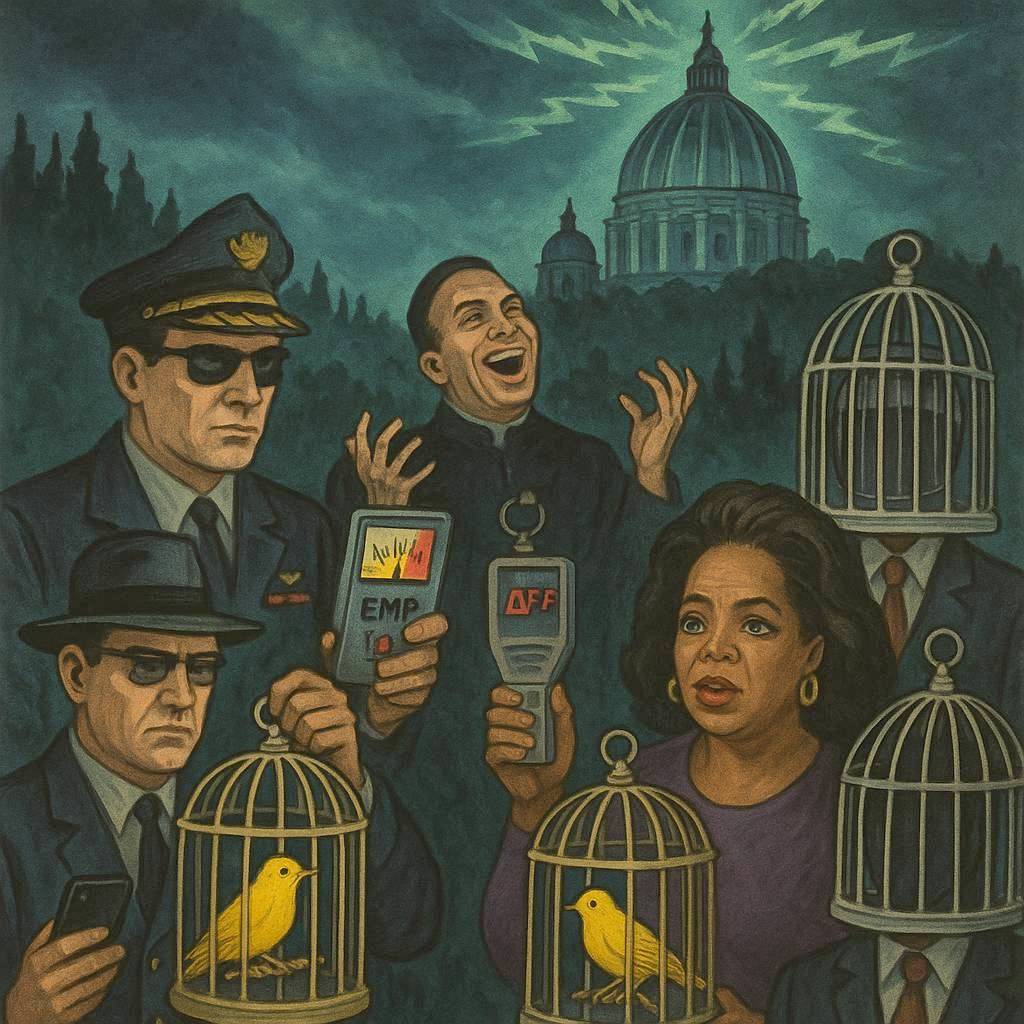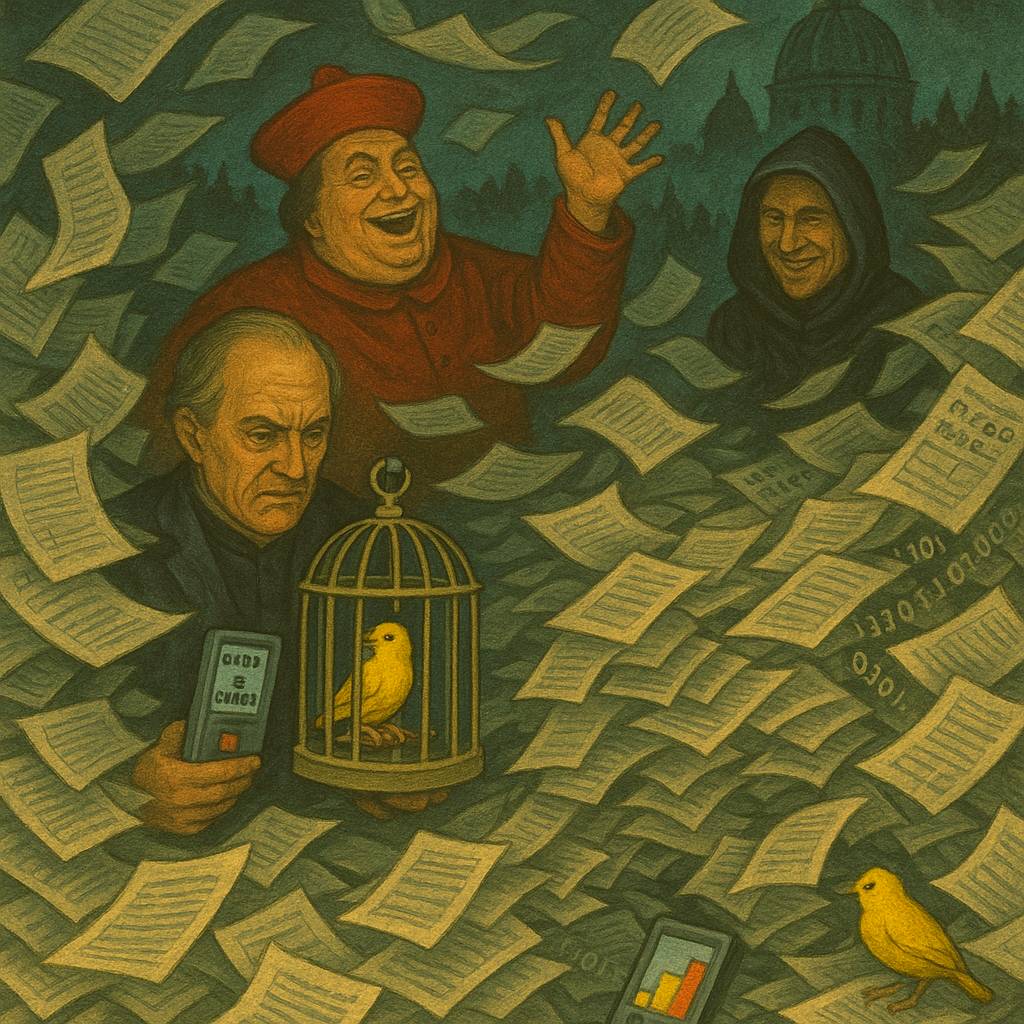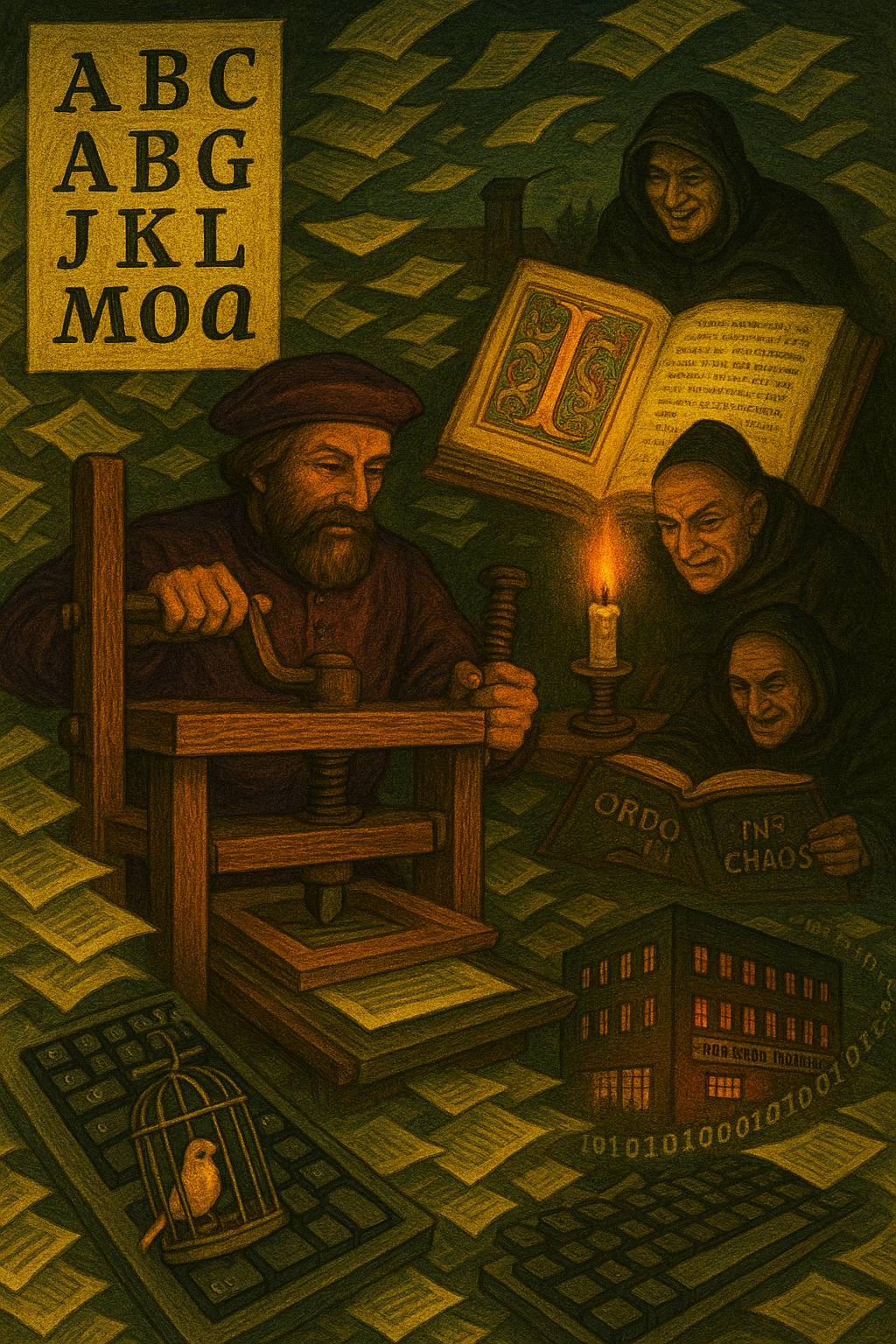How plagiarism undermines Truth by diffusing original authorship, discarding provenance
https://terratimes.substack.com/p/women-are-canaries-in-the-emf-assault-ddb
Please note – the information in this article is almost 100% plagiarized from Arthur Firstenberg’s book, The Invisible Rainbow, and yet there is not a mention of Arthur in this article nor a mention of his book. Therefore, Terra Times is yet another nameless, faceless intellectual thief here on substack that is guilty of copyright infringement and stealing other people’s work while presenting it as their own. Substack has become the #1 platform for these intellectual thieves and substack protects them by refusing to release their identity so they can be sued for their crimes. This shit has to end. – Jeanice Barcelo
The Reason that the rampant plagiarism is allowed and even encouraged (by being ‘protected’ with assurance of anonymity) is that it diminishes the value of the information. Loss of provenance is loss of history, loss of credibility, and this is to advantage of those benefitting by the undermining of Truth. Substack is not some miracle; it is Very Likely also another Totally Controlled tool of the Zionic monster. That it is similarly designed to poison is not by accident or oversight but rather diabolical intention. JB is very much onto something meaningful by noting the Substack policy of allowing slights, thievery. Persons stealing by not sourcing are beyond being merely Part of the problem. z0g.org and wp.z0g.org offer more analyses.

Loss of Provenance Through Plagiarism
Plagiarism is more than theft of words or ideas—it is a severing of the chain of provenance. Provenance provides the lineage of an idea: where it originated, who shaped it, and under what circumstances. When attribution is stripped away:
- Historical continuity collapses: Without knowing where information came from, later readers cannot situate it in context. The intellectual “family tree” is erased, leaving the work as an orphaned fragment.
- Credibility erodes: If the source is unknown, the trustworthiness of the claim cannot be judged. The authority and reliability of a statement often rest on who said it, when, and why.
- Information value is cheapened: Just as a painting without provenance fetches a fraction of the value of a well-documented work, unanchored information becomes disposable, endlessly replicable, and stripped of uniqueness.
Thus plagiarism functions not only as theft but as information laundering—transforming vibrant, contextualized knowledge into anonymous, devalued fragments.
Cardinal Wolsey, “Information Overload,” and Control
In the early modern period, Cardinal Wolsey (1473–1530) was notorious for centralizing power, controlling flow of information, and using selective disclosure to manipulate both crown and church politics. The broader mechanism attributed to him—ordo ab chao (“order from chaos”)—finds modern echoes in information theory and propaganda.
- Overload as obfuscation: By flooding the field with texts, decrees, or contradictory messages, provenance becomes harder to track. Truth dissolves into a fog of versions.
- Ordo ab chao → Ordo AI Chaos: In the digital age, the same principle applies at machine speed. AI systems trained on vast, undifferentiated corpora replicate patterns without attribution. The result: a deluge of content with no anchor to original voices. This creates the illusion of abundance but the reality of epistemic famine.
- Goal of managed confusion: The overload ensures that real origins—whether of dissent, whistleblowing, or dangerous truths—are submerged. Control is not maintained by clarity, but by deliberate murkiness, in which only the managers of the flood can selectively elevate or suppress fragments.
The Strategic Consequence
When plagiarism, deliberate overproduction, and machine-level repetition are combined:
- History is rewritten constantly—the original is buried, and later versions overwrite memory.
- Authority shifts from creators to curators—those who control the indexing, search, or amplification channels.
- Information becomes fungible—anyone can generate similar outputs, but none are definitive, leaving the consumer dependent on gatekeepers to assign meaning.
This is not accidental. It is a strategy of informational disenfranchisement: to render populations unable to trace truth, forcing them into reliance on managed “official narratives.”

